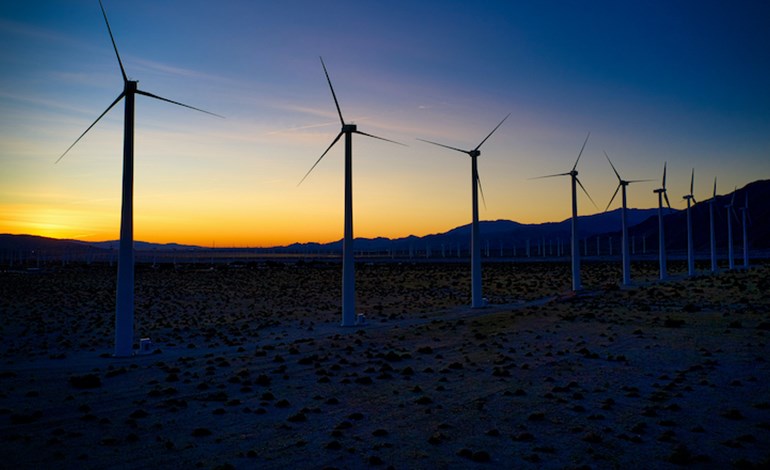MANILA, Philippines : The Philippines’ renewable energy sector is poised for accelerated growth as investor interest continued to rise, according to the Institute for Energy Economics and Financial Analysis (IEEFA).
In a new report, IEEFA said the Philippines’ renewable energy sector has seen greater interest and notable growth as investors are willing to place a higher value on pure plays in renewables than on traditional utilities. IEEFA said the top players are attracting capital with innovative strategies and successful execution, gaining recognition from financial markets, and accelerating the transition to renewables.
IEEFA, in particular, cited the emergence of Philippine Stock Exchange-listed renewables developers and operators such as ACEN Corp., Citicore Energy REIT Corp., and Solar Philippines as a standout feature of the Philippines.Ramnath Iyer, report author and IEEFA’s climate and renewable energy finance lead in Asia, said many Southeast Asian nations lack such listed pure plays.
“In terms of how investors view asset values, pure play renewables companies command a valuation premium over utilities having lower levels of renewables in their mix,” Iyer said.
“Valuation premiums for pure play renewables companies – as seen in their higher price-to-book ratios, stronger market valuation of installed capacity, and stock performance over the past five years – suggest that this focus on renewables as a concentrated strategy has paid off,” he said.
The report found that the five largest renewable energy players in the Philippines are First Gen Corp., ACEN, Aboitiz Power Corp., Solar Philippines and Citicore. IEEFA said some of these firms are poised to grow significantly larger and are expected to play a bigger role in accelerating the growth of renewables in the Philippines.
“With government policy showing signs of turning into an enabler of renewables, the on-the-ground positivity comes from the fact that most of the major solar and wind power developers have long years of experience in other forms of renewable energy, power and the accompanying infrastructure,” it said. According to the report, investors are willing to reward firms, which plan to grow in the field of renewables and are able to execute their plans.
It found that both Solar Philippines and ACEN have received significantly higher investor support compared to other companies. IEEFA said ACEN’s valuations, in particular, are likely boosted by the fact that it has taken the most initiatives to focus on renewables and to grow in both size and geography in the renewable energy space.
ACEN, the listed energy platform of the Ayala group, operates slightly more than 600 megawatts (MW) of solar and wind power generation capacity in the Philippines. It also has an attributable operating portfolio of 1,087 MW internationally, with a further 941 MW and 1,700 MW under construction domestically and abroad, respectively, the report said.
Solar Philippines, on the other hand, has rapidly moved from being a start-up in renewables in 2013 to possibly joining a global conglomerate, according to IEEFA. “Examples of successful renewables investments and other innovative mechanisms, such as REITs and privately financed coal phase outs and retirements, can guide regional fossil-dependent utilities to invest aggressively in renewables to stay relevant and capitalize on opportunities offered by the energy transition,” Iyer said.
“On the other hand, laggards, who stick with fossil fuel assets as their main line of business, will likely continue to see ebbing interest among investors and financial markets unless they can change and adopt some of the more successful strategies,” he said.

